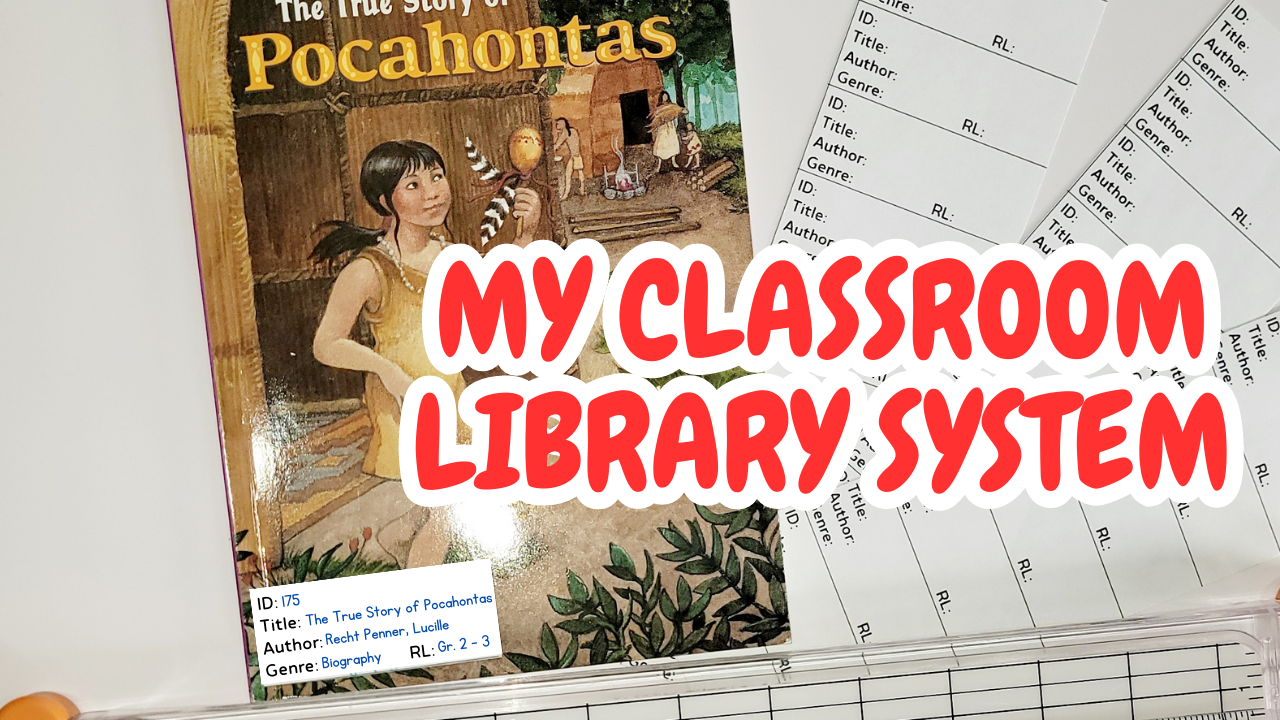Back to School: Planning the First Two Days in the Middle School Classroom
New York City public schools have a unique approach to welcoming students back into the classroom. With the first week lasting only two days, Thursday and Friday, it's crucial to make these days count. But what exactly should you be doing during those initial two days?
The Power of Word Walls: Enhancing Vocabulary and Engagement in Your Classroom
In the bustling environment of a classroom, educators are constantly seeking innovative ways to enhance learning and engagement. One such tool that often finds its home in classrooms across grades and subjects is a word wall. While it may seem simple, a word wall is more than just a decorative feature. It's a dynamic learning tool that empowers students to expand their vocabulary, engage with content, and foster a love for language. Let's explore how and why you should utilize a word wall in your classroom.
Collaborative Strategic Reading (CSR) in Social Studies: A Comprehensive Guide
We face a significant literacy crisis in this country, with too many students reading below grade level. In my own experience, 71% of my 7th grade students started the last school year reading three or more grades behind. By the end of the year, thanks to collaborative efforts and strategies like Collaborative Strategic Reading (CSR), we reduced that percentage to 47%. While we still have a way to go, the progress was undeniable.
Whether your students are more or less literate, CSR can make a difference. In this post, I'll explain what CSR is, why it's effective, and how you can implement it in your classroom.
Closing the Reading Gap by Teaching Content-Specific Vocabulary
At the beginning of the school year, my 7th-grade students undertook an iReady reading assessment. The results were startling: only 10% were reading at grade level, and a staggering 71% were reading three or more grade levels behind.
Hearing this, one might assume that my students were illiterate. However, this was far from the truth. They could read, but they struggled with academic vocabulary, which severely impacted their comprehension. Working in a low-income area with traditionally marginalized students, I could detail numerous reasons for these struggles, but that's not the focus here. Instead, I want to share three practical and effective tips for teaching content-specific vocabulary that made a real difference in my classroom.
Curriculum Planning for Teachers: A Step-by-Step Guide to a Successful School Year
Curriculum planning is the cornerstone of effective teaching. It's like the blueprint for constructing a building; if you don’t have a clear vision and structure in place, your efforts may end up disjointed, leading to missed opportunities and knowledge gaps for students. By dedicating time to thoughtful curriculum planning, educators ensure a cohesive and comprehensive learning experience that paves the way for a successful school year. In essence, curriculum planning is the roadmap guiding both teachers and students toward academic success and enriched learning.
Why Do You Need A Classroom Library System
Reading helps students build their vocabulary because they encounter words that they might not use in everyday ordinary conversation.
What Should You Know Before Working in a Low-Income School?
Teaching in a low-income school with traditionally marginalized students is not easy and honestly, not for everyone. I have been at my school for 6 years now, and I have seen teachers come and go because they were not ready for this type of challenge. Now, do not get me wrong, low-income and traditionally marginalized students are not that much different than their counterparts. There are just some unique challenges that teachers must overcome or truths they must accept in order to be successful.
Create a Culture of Reading at Home
Promote a culture of reading in your homes. Reading cannot only be a school activity. Students need to read for fun, not only as a school requirement. You do not understand how many of my students see reading as a chore or punishment. Ensure your children see reading as fun escapes into different lands and experiences.
Parents Please Ask for Help!
Do not struggle with your children’s learning on your own. Get the help you need by following these three simple tips!
It’s Okay to Ask for Help
Whether you are a teacher, paraprofessional, guidance counselor, speech therapist, etc. it is okay to ask for help. It does not make you weak or incompetent to ask for help when you need assistance. It makes you human. Below, I have a list of places you can turn to when you need support with the demands and expectations of working in a school.
Enhancing Education through Teacher Collaboration
This blog is crafted to support educators by fostering a collaborative spirit that enhances our teaching practices and enriches our students' learning experiences. The journey of education involves more than just delivering content; it requires a unified effort to create impactful learning environments.










